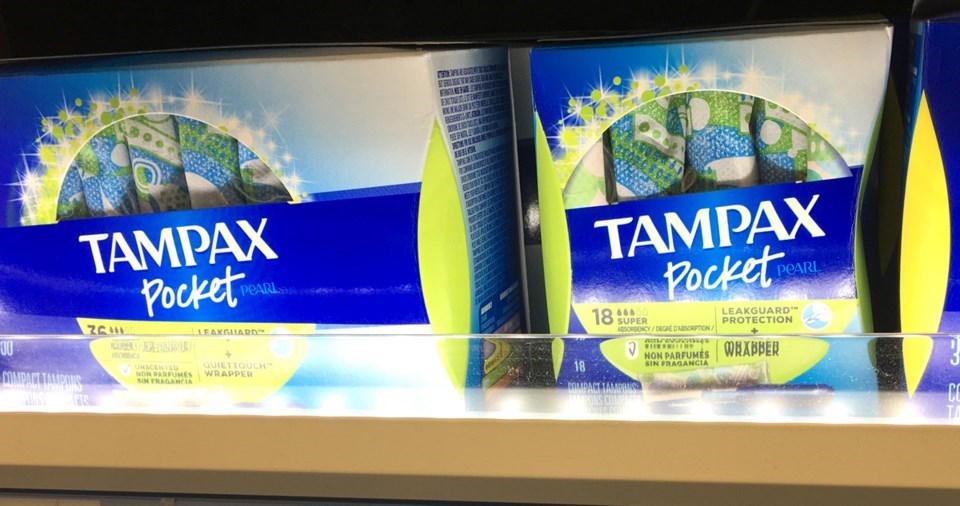It’s now possible to access free menstrual products at 18 public facilities in Richmond.
As part of a year-long pilot project, dispensers with the free products have been installed in women’s and universal at the following locations around the city:
- Community Centres – City Centre, Cambie, Hamilton, South Arm, Steveston, Thompson, West Richmond
- Other community facilities – Minoru Centre for Active Living, Richmond Cultural Centre, Steveston Museum
- Aquatics – Watermania, South Arm Outdoor Pool, Steveston Outdoor Pool
- Arenas – Richmond Ice Centre, Minoru Arenas
- Libraries – Brighouse, Ironwood, Cambie
The pilot project was approved by city council as part of United Way’s Period Promise initiative which aims to make menstrual products available free of charge in city facilities across Richmond.
According to the city, the initiative is intended to further address barriers to access while reducing stigma around periods and menstrual products.
“Having access to menstrual products is essential for the health, well-being and full participation of all individuals,” said Mayor Malcolm Brodie in a statement.
“Ensuring these products are available to all who need them, regardless of income, helps support full inclusion in recreational and professional activities, reduces stigma and promotes gender equity.”
United Way talks about “period poverty,” a lack of menstrual products due to financial hardship.
A public survey on period poverty by the non-profit of more than 1,600 people across B.C., found that 51 per cent of respondents had struggled to purchase products for themselves.
Furthermore, the survey found that not having access to menstrual products is an “isolating factor,” with respondents reporting they had missed school, work, community and social events when they didn’t have access.
While the free menstrual products are currently in 18 city facilities, more locations could be added depending on the success of the pilot, according to the city.



